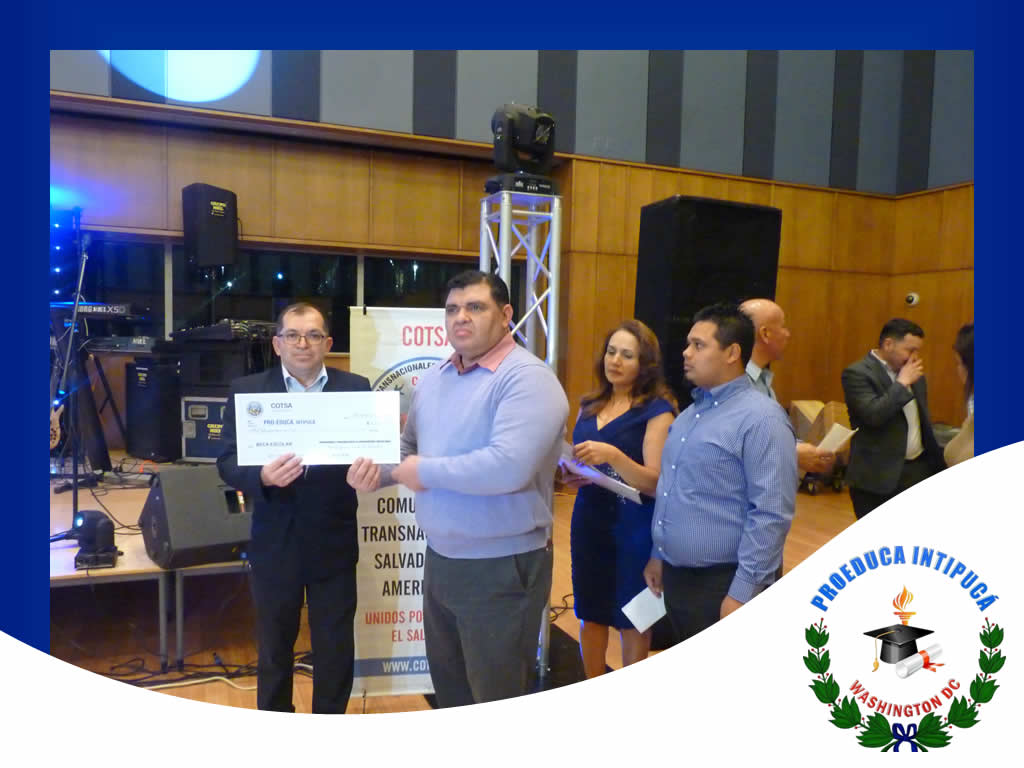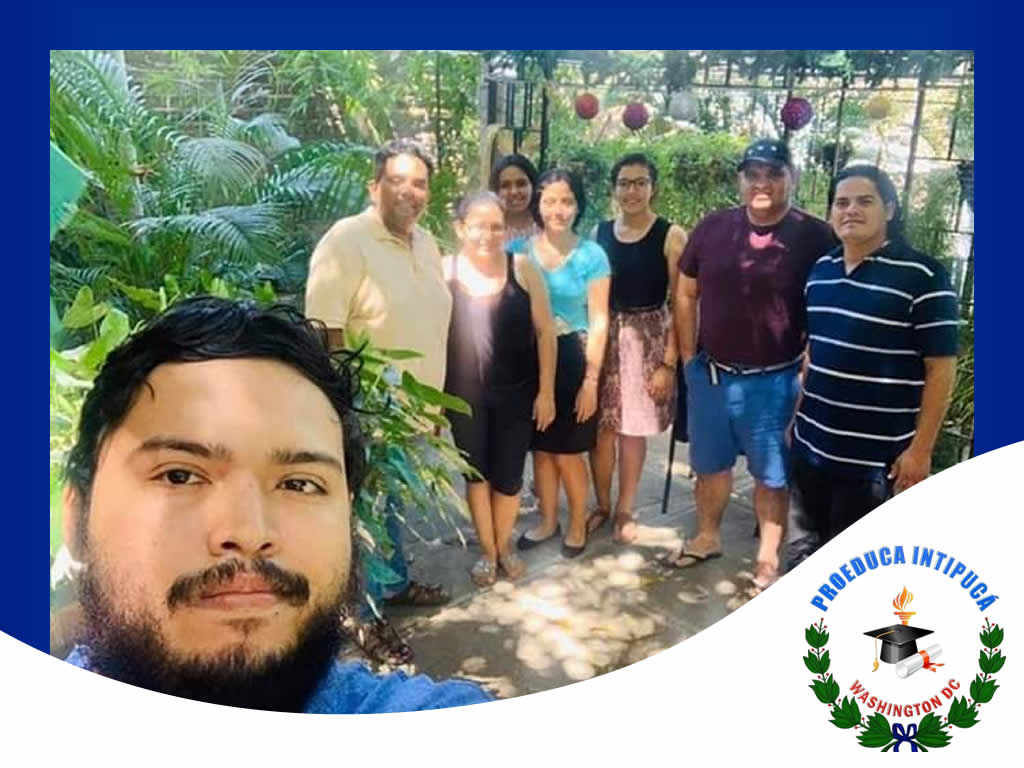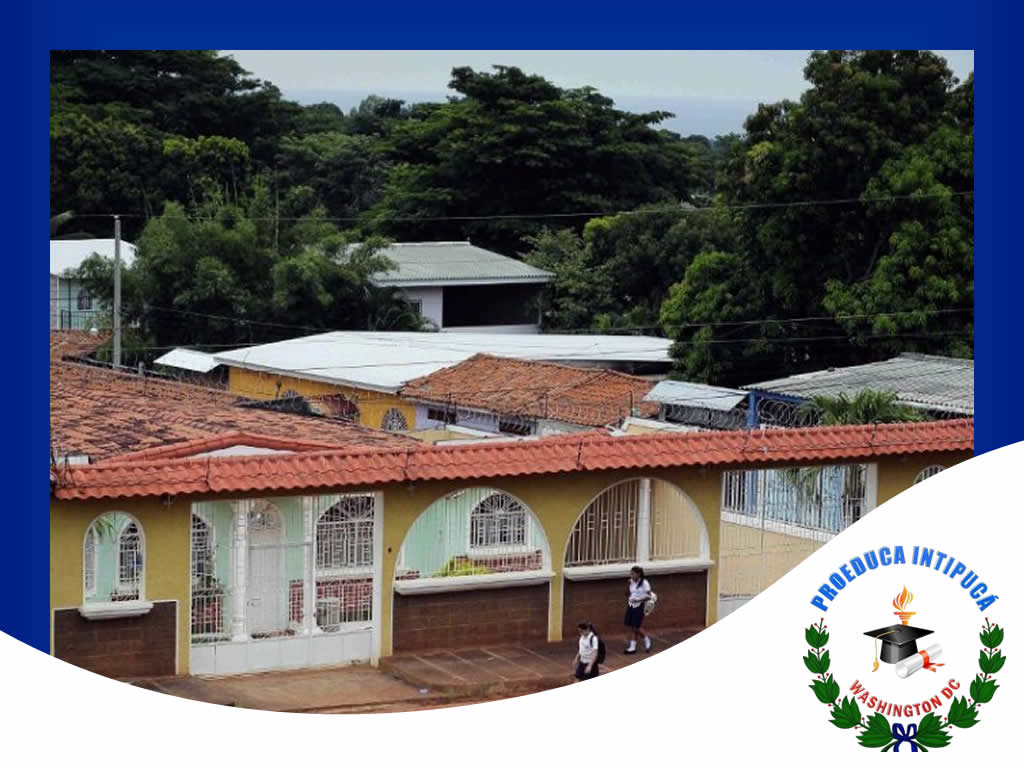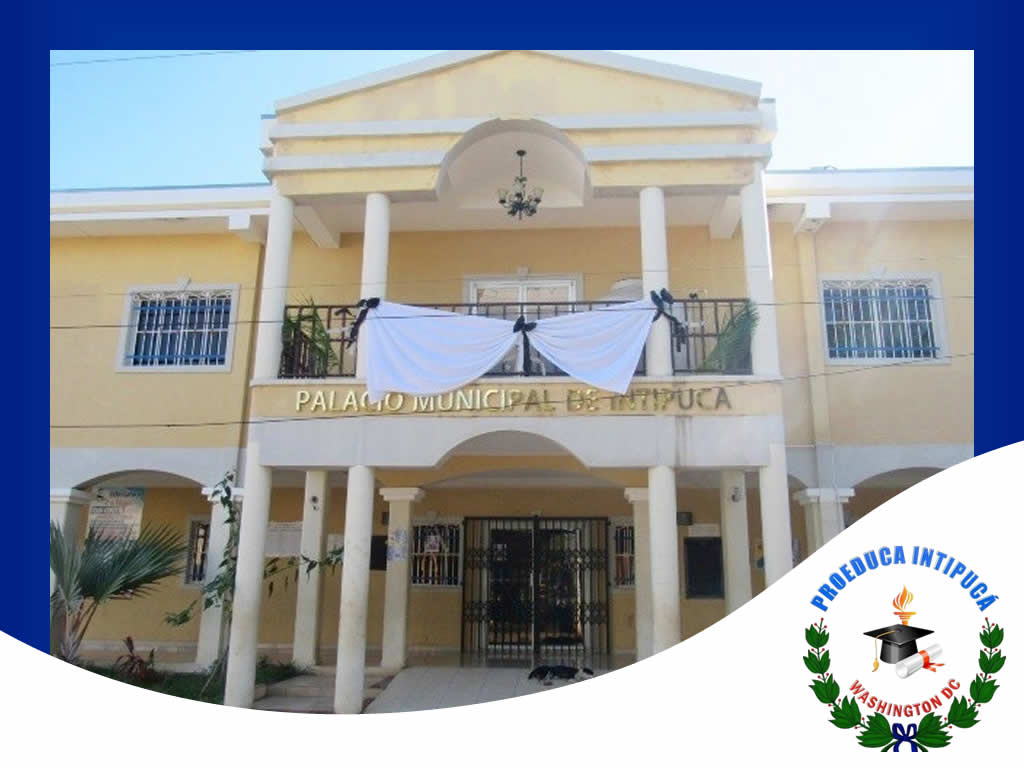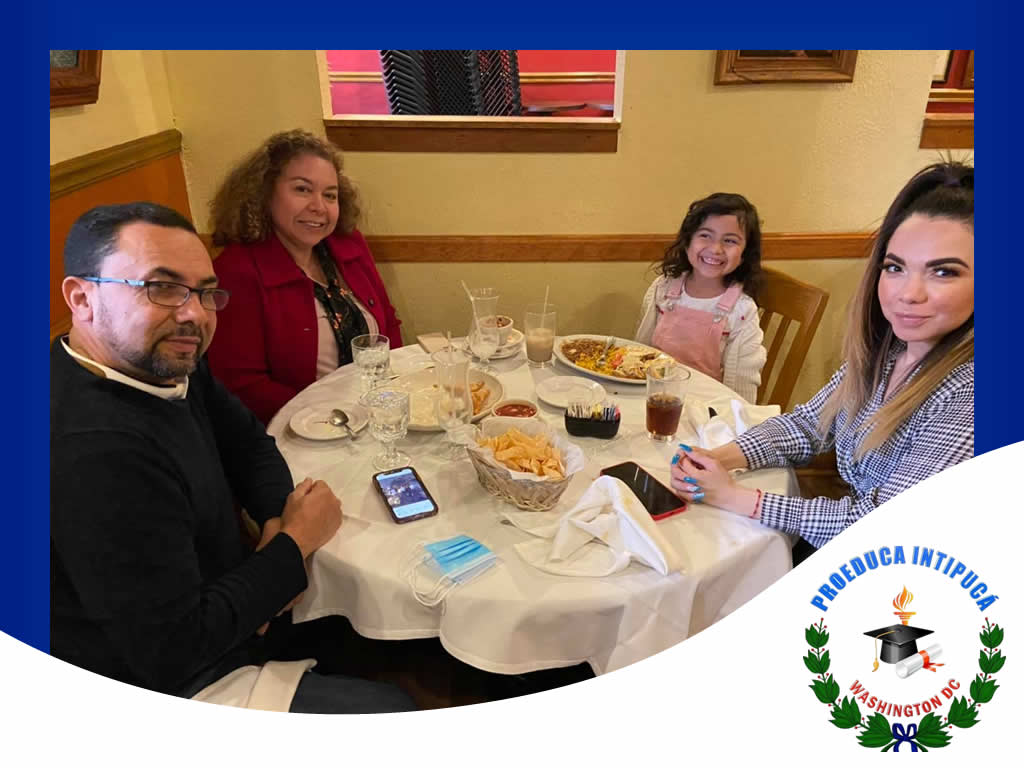
Committee
Intipucá
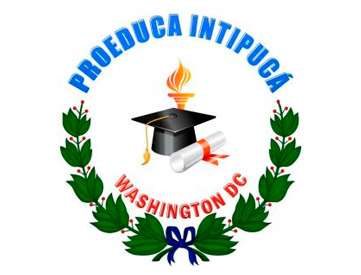
History
The Pro -Educa Committee of Intipucá was founded to offer academic support without any surcharge to young people residing in that municipality in the department of La Unión, especially to all schools.
The founding directive was made up of the following people:
Henry Salinas
Mauricio Javier Salinas
Hugo Salinas
Martha Chávez (QEPD)
Sandra Dubón
Rosibel Arbaiza.
According to the founders of the Committee, the main objectives are detailed below:
• Support the outstanding students of the municipality to continue their university studies
• Support students from all communities (the total number of cantons, hamlets and villages) belonging to the municipality of Intipucá with first leg and return to the educational complex of that city.
• Support all schools in the municipality with small physical structures such as desks, blackboards, educational material, wall painted, teaching material for teachers, etc.) as long as there is sufficient economic background.
• Coordinate community services efforts (social/community hours, cleaning of beaches and rivers, planting trees, etc.), knowing which students would have the active participation of students
Works
During the year parties, raffles, dinners and late breakfasts or brunches are celebrated.
The funds raised after each activity have served to provide new desks to the parvular school of the El Amate canton, which belongs to Intipucá.
They have also served for the distribution of educational children
All deliveries of the material and educational team is made with the best disposition, although the main objective of the Pro Education Committee of Intipucá is to deliver university scholarships to young people from all over the municipality.
All collaboration is for the young Proeduca scholars for book expenses, brochures and academic supplies. There are currently 8 young scholars in two universities in the city of San Miguel.
Committee
The organized groups belonging to the American Salvadoran Transnational Communities (COTSA), every year they support their peoples of origin through scholarships to limited university students, in order to transform their lives.
At present, the Committee is made up of the following members:
President: Henry Salinas
Representative in El Salvador: Hugo Salinas
Collaborators: Sofía Salinas, Marlin Paniagua, Wendy Clavijo
Festivities
The patron saint parties of Intipucá are celebrated from March 1 to 10 in honor of San Nicolás Tolentino. Many people residing in the Metropolitan Region of Washington take advantage of the holidays to visit the properties they have sent to build or close relatives, who reside in that population very close to the beaches on the Pacific coast.
Curiosities
The city of Intipucá, with about 12,000 inhabitants, is located 180 kilometers to the southeast of San Salvador. It is recognized as an icon of Salvadoran emigration to the United States, since the first people to do so was in the 60s, when it was very rare for Salvadorans to venture to start that risky road to the north, more than all the people who lacked the migratory documents required to do so. Intipucá is recognized as the most “gringa” city of El Salvador, since half of the population lives in American territory, more than anything in the states of the east coast such as the district of Columbia, Maryland and Virginia.
In that city there is a passage called "Washington" and the main road is named William Walker, US ambassador to El Salvador between 1988 and 1992, because he donated funds so that this street was cobbled. His name in the Lenca language means "the great arch of the mouth." Some recommended places to visit in this municipality are the Bocana El Esterón, which due to its settlement of giant turtles and mangroves has been considered a world ecological heritage, beach El Icacal.

